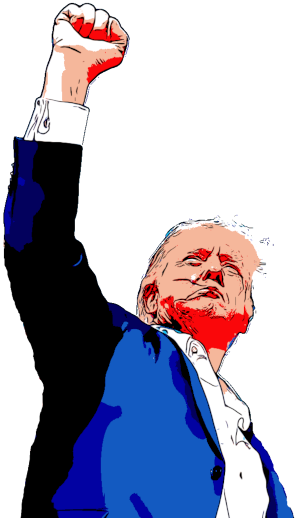Trump's Tax Proposal Sparks Debate Among Republicans
Former President Donald Trump’s proposed tax hikes on the ultra-wealthy have ignited a fierce debate within the Republican Party, challenging traditional GOP stances on taxation.
Former President Donald Trump’s suggestion to raise taxes on the ultra-wealthy to fund tax relief for middle and working-class Americans has caused a significant rift within the Republican Party. While some members, like House Freedom Caucus Chairman Andy Harris, support the idea to fund Trump’s agenda without cutting other essential programs, others staunchly oppose any tax increases.
Marc Short, a former top aide to ex-Vice President Mike Pence, highlighted the concerns of many Republicans, warning that increasing taxes on one bracket could lead to future hikes on middle-income earners. This sentiment is echoed by several GOP lawmakers and conservative groups, who argue that the focus should be on reducing government spending rather than increasing taxes.
Trump has publicly weighed the pros and cons of his proposal on Truth Social, acknowledging the potential political risks but also expressing openness to the idea if it benefits lower and middle-income workers. The proposed new top income tax bracket of 39.6% for single taxpayers earning over $2.5 million annually aims to offset the costs of policies such as eliminating taxes on tips, overtime pay, and retirees’ social security.
As the Republican Party navigates these internal disagreements, the debate over Trump’s tax proposals is set to intensify. The House Ways & Means Committee is scheduled to meet to advance the tax portion of the package, with a final bill expected to reach Trump’s desk by the Fourth of July. With narrow majorities in both the House and Senate, the GOP must manage dissent effectively to meet their legislative goals.

